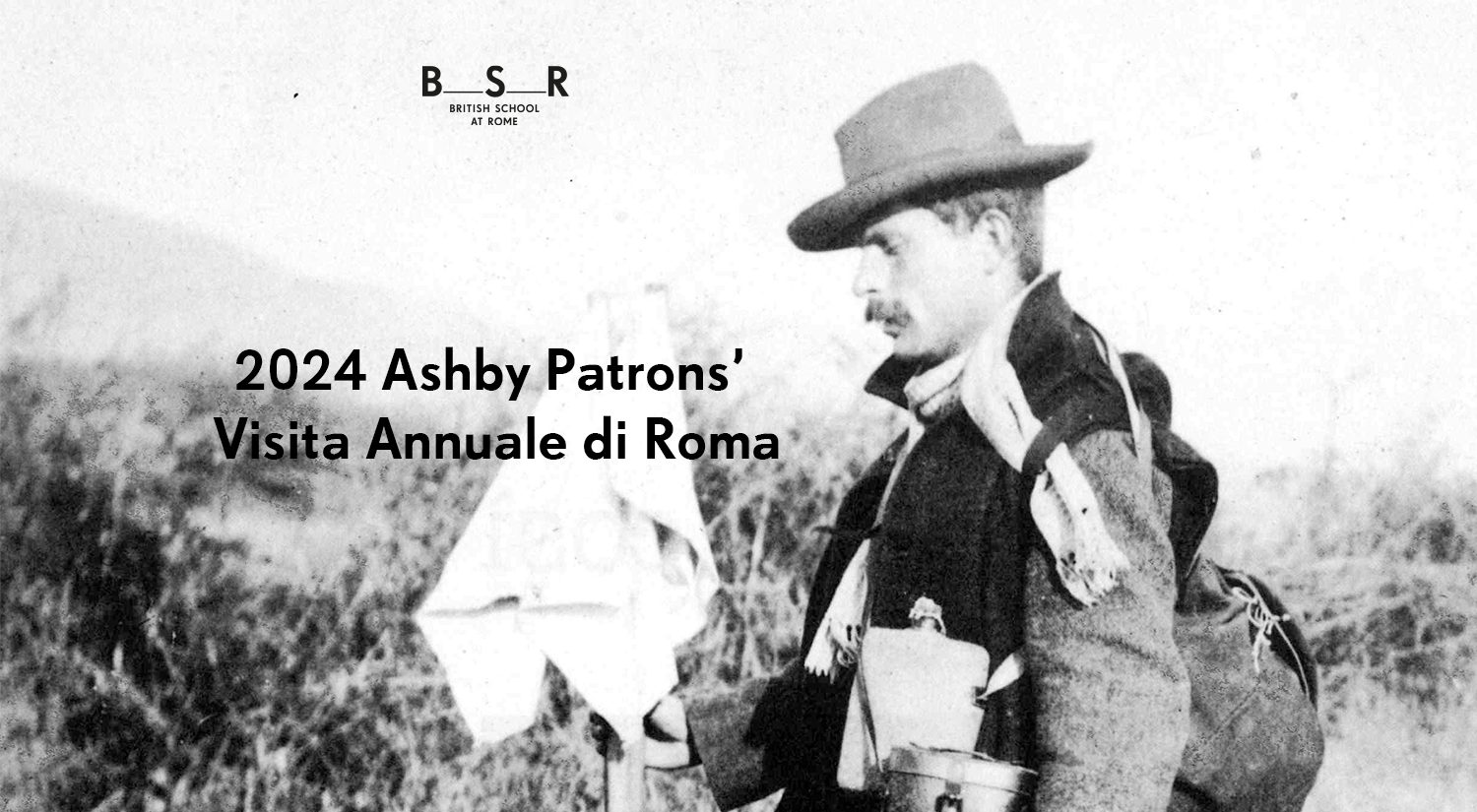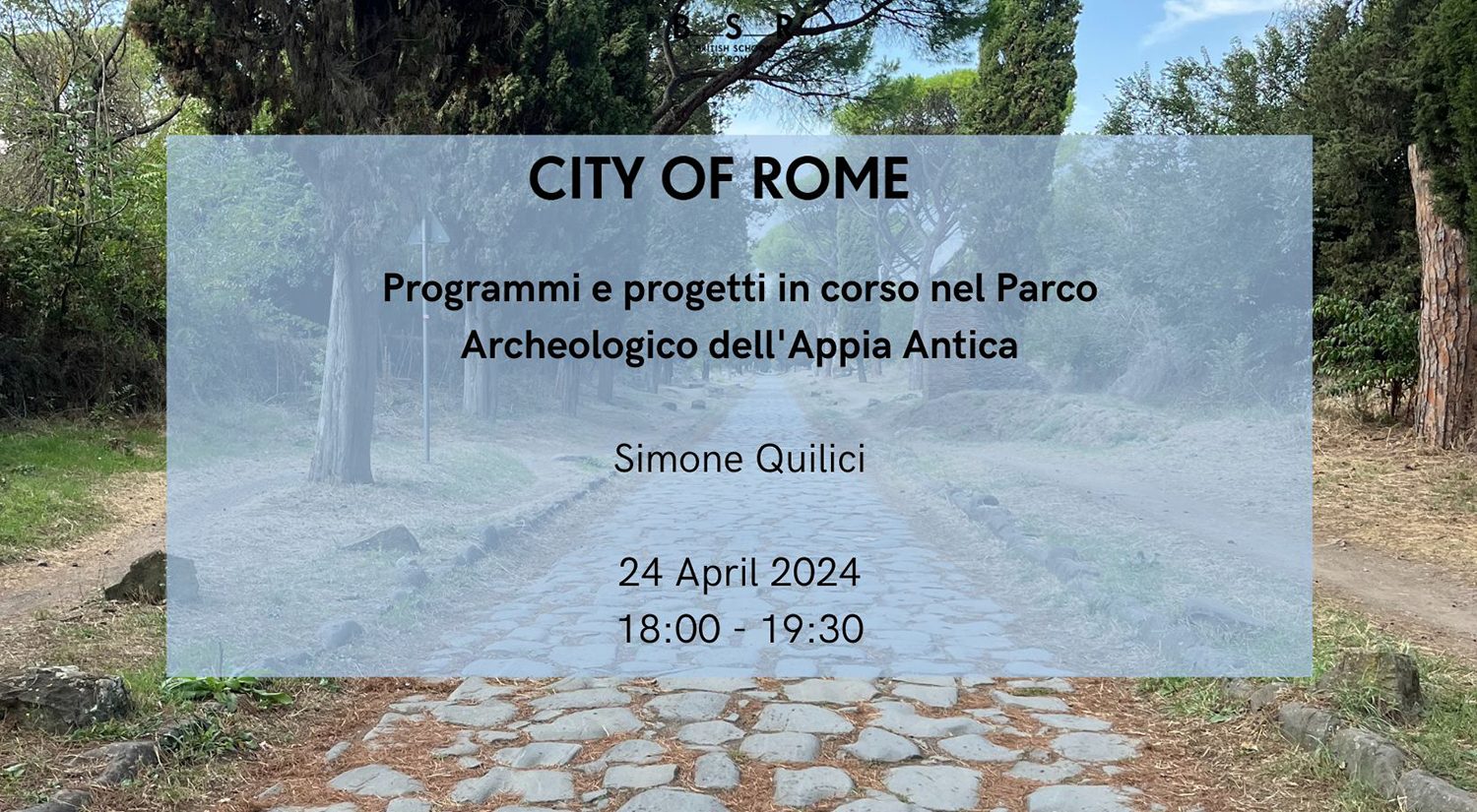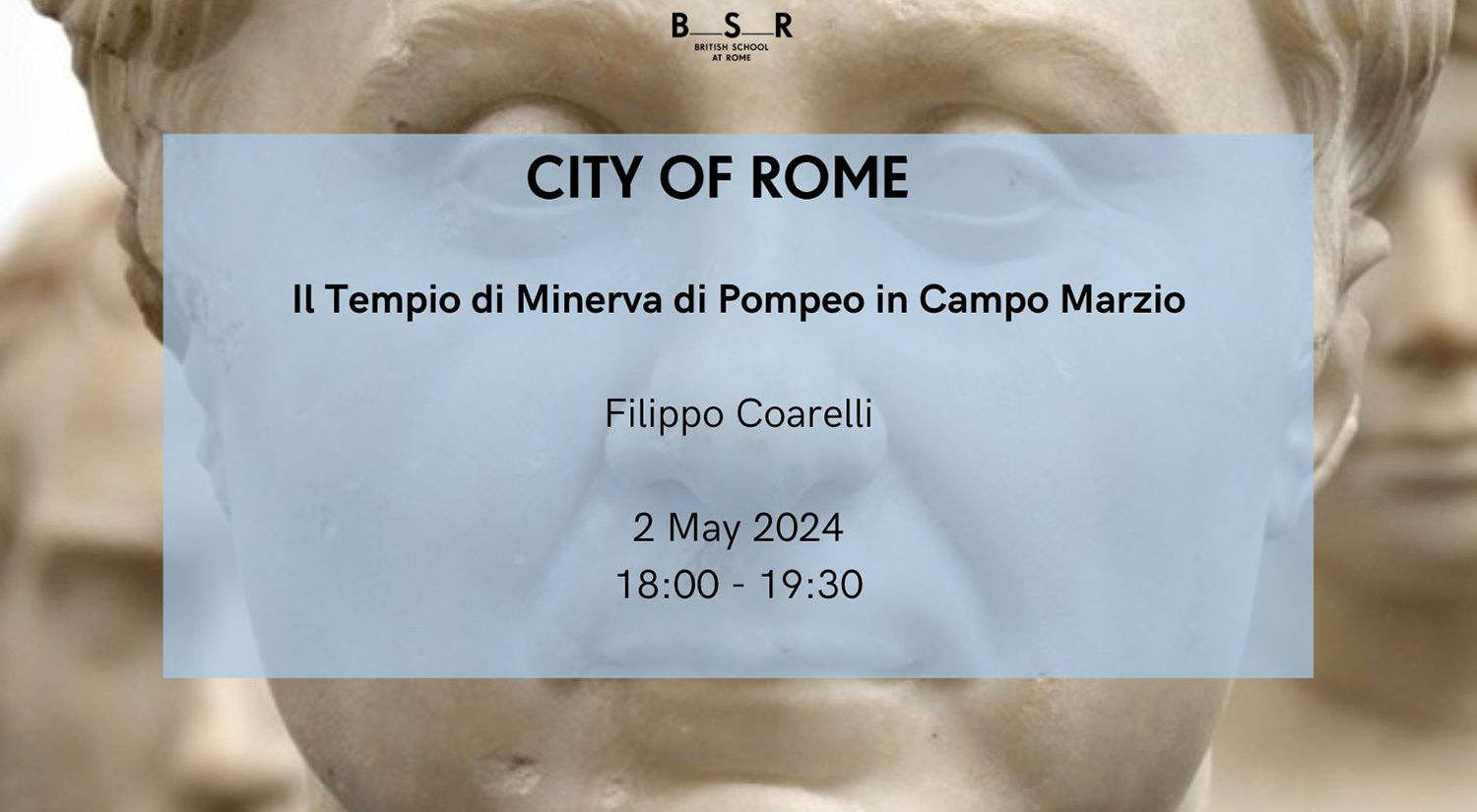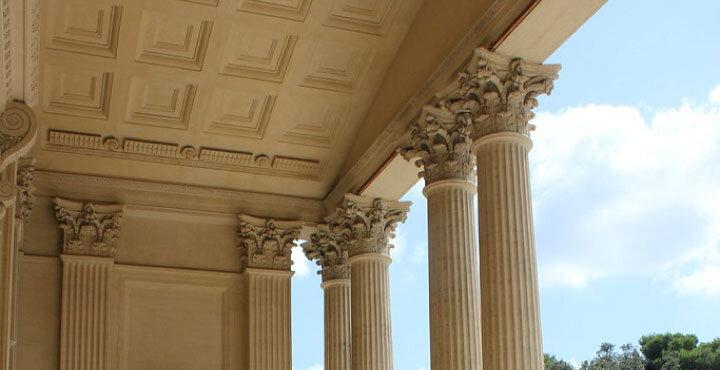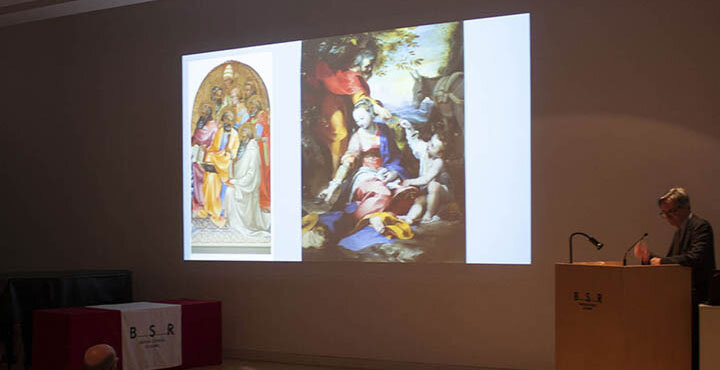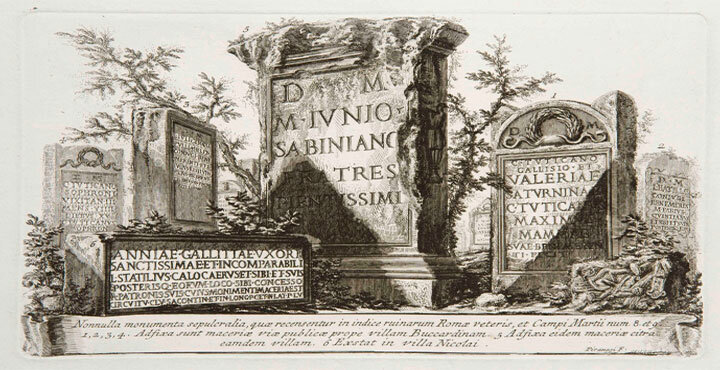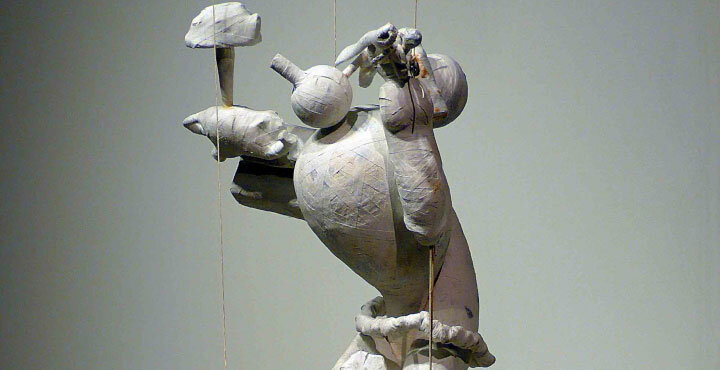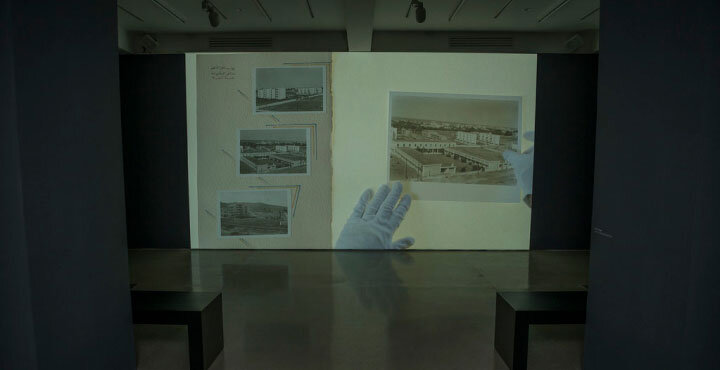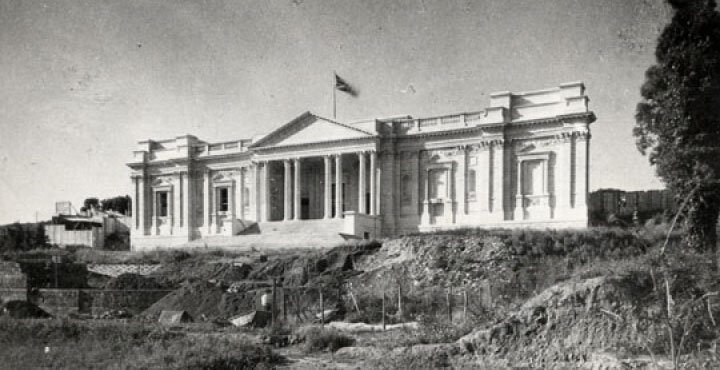We increasingly order the world around us in geo-spatial terms, empowered by mobile devices and geo-location, toggling between 2D maps to 3D street views. The potential of these same technologies for historical research on cities is only starting to be realized. At the same time Augmented Reality (AR) invites a new approach to the ‘museum without walls’, reuniting cultural heritage – cities, buildings, artworks – across time and space. Drawing from two research projects, Hidden Cities (see www.hiddencities.eu) and Florence4D (www.florence4d.org) this paper considers how digital art history methods are creating new research opportunities, while at the same opening up new ways to engage the wider public. Spatially-determined research questions encourage us to think about how meaning is constructed from the triad of spaces-objects-people, while spatial technologies (GIS, GPS, 3D modelling) allow us to shape innovative responses to those questions, ranging from interactive map interfaces to locative interpretation delivered on handheld devices. In so doing we’re discovering new things about the material culture of public space in the Renaissance, but also making that research directly available to the public.
This event will be in English.
A limited number of in-person spaces are available for this talk. If you would like to attend in-person at the BSR, please sign up here.
Please note that everyone attending an event in Rome must wear an FFP2 mask, pre-register for limited places using Eventbrite, and be required to present a Super Green Pass or equivalent (proof of vaccination or recovery from Covid within the past nine months).
Fabrizio Nevola is Professor of Art History and Visual Culture at the University of Exeter (UK). In 2022 he is Visiting Professor at Venice International University and subsequently at the Centre for Digital and Public History at Ca’ Foscari, Università di Venezia. His research focuses on urban and architectural history of early modern cities, with a particular attention for public spaces in Italy on which he has written and published extensively. His most recent book, Street Life in Renaissance Italy (Yale UP, 2020) accompanies several edited collections involving comparative work on urban space. His first book, Siena: Constructing the Renaissance City (Yale UP, 2007) was awarded the Royal Institute of British Architects, Sir Nikolaus Pevsner International Book Award for Architecture. Through several grant-funded research projects, including the ‘Hidden Cities’ apps and the new Florence4D website, he has developed digital humanities spatial approaches using geospatial, 3D modelling and GPS technologies.
BSR–Society of Renaissance Studies Lecture


